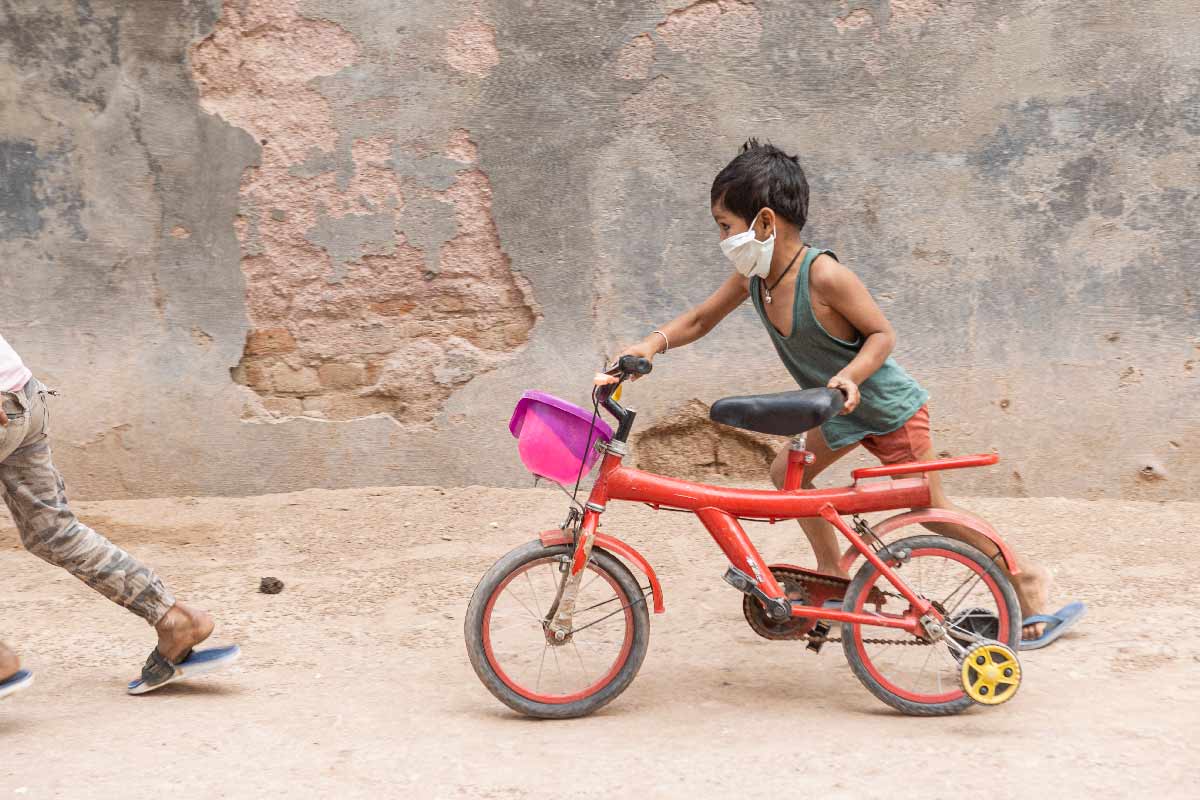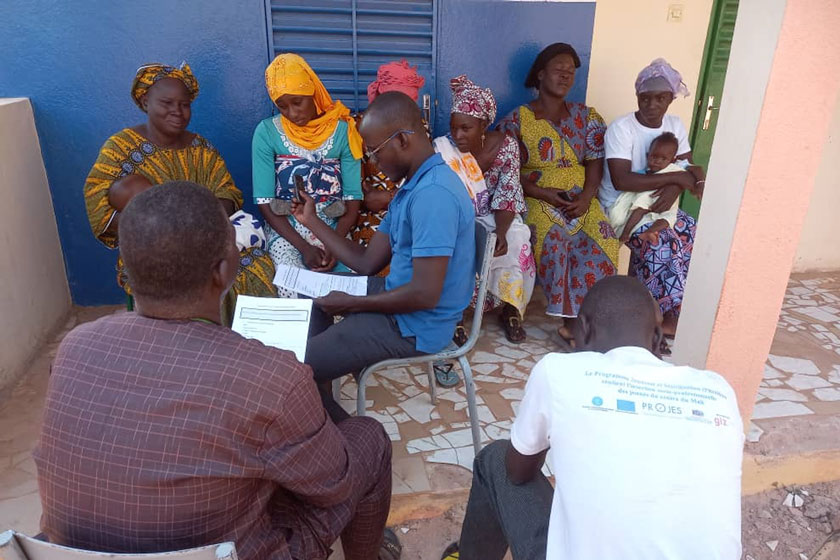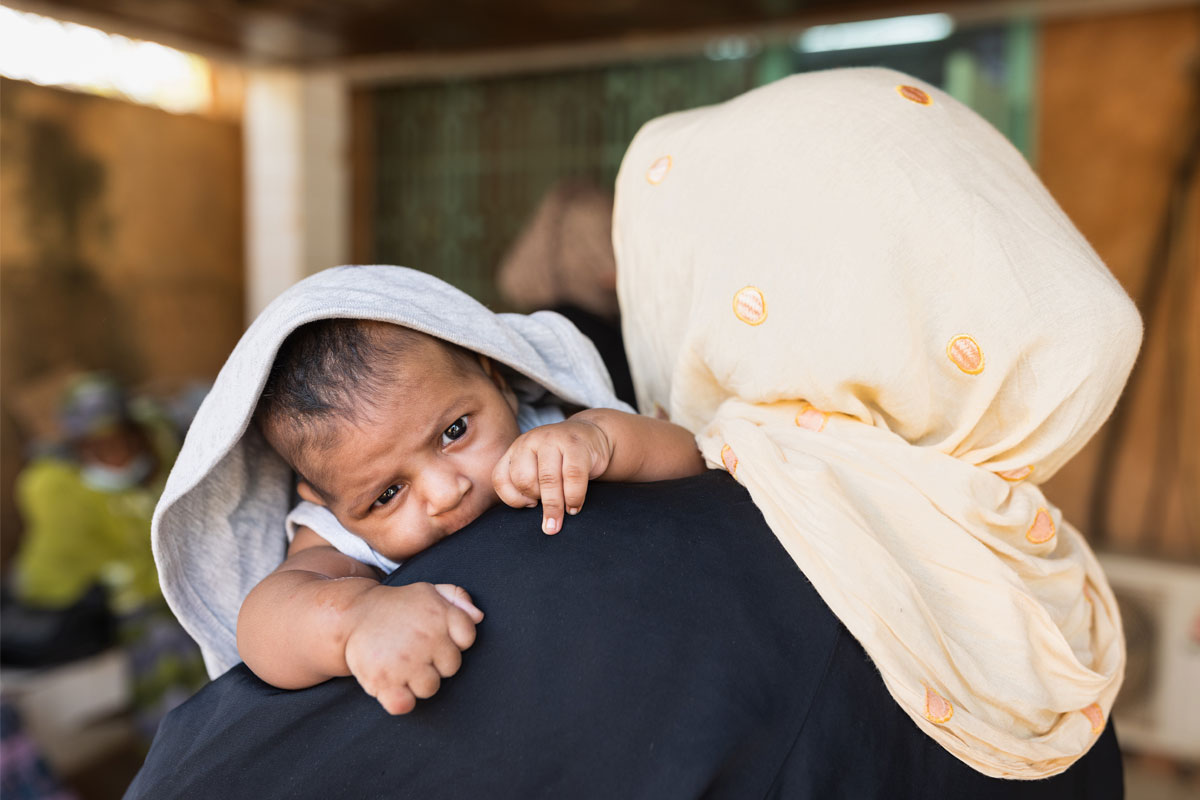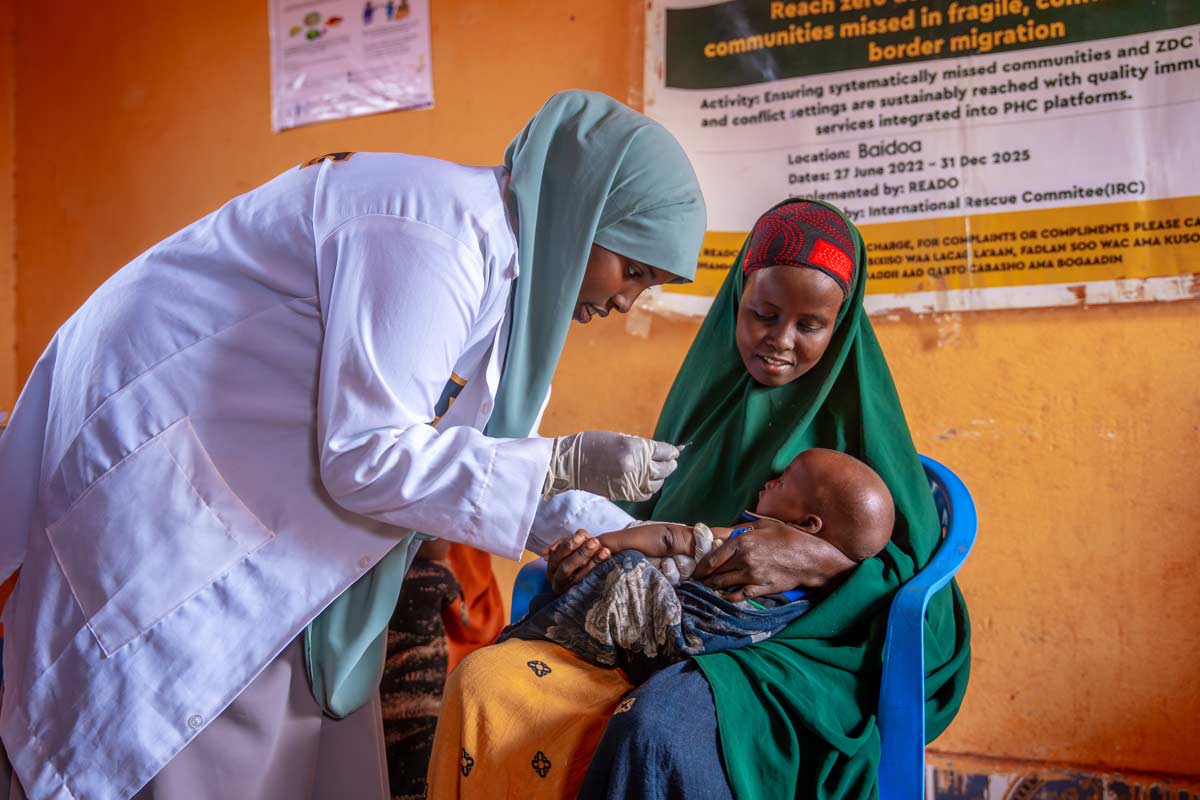Vaccinator training on smartphone screens amid COVID-19: Another “new normal”?
App-assisted vaccinator training is an approach that shows promise, write the team who ran a Gavi-supported pilot to trial a new screen-based learning mechanism in India. What’s more, amid the pandemic, the flexibility of learning from home, morning, noon, or night – whenever wanted – can help keep frontline health staff safe.
- 14 May 2021
- 4 min read
- by JSI
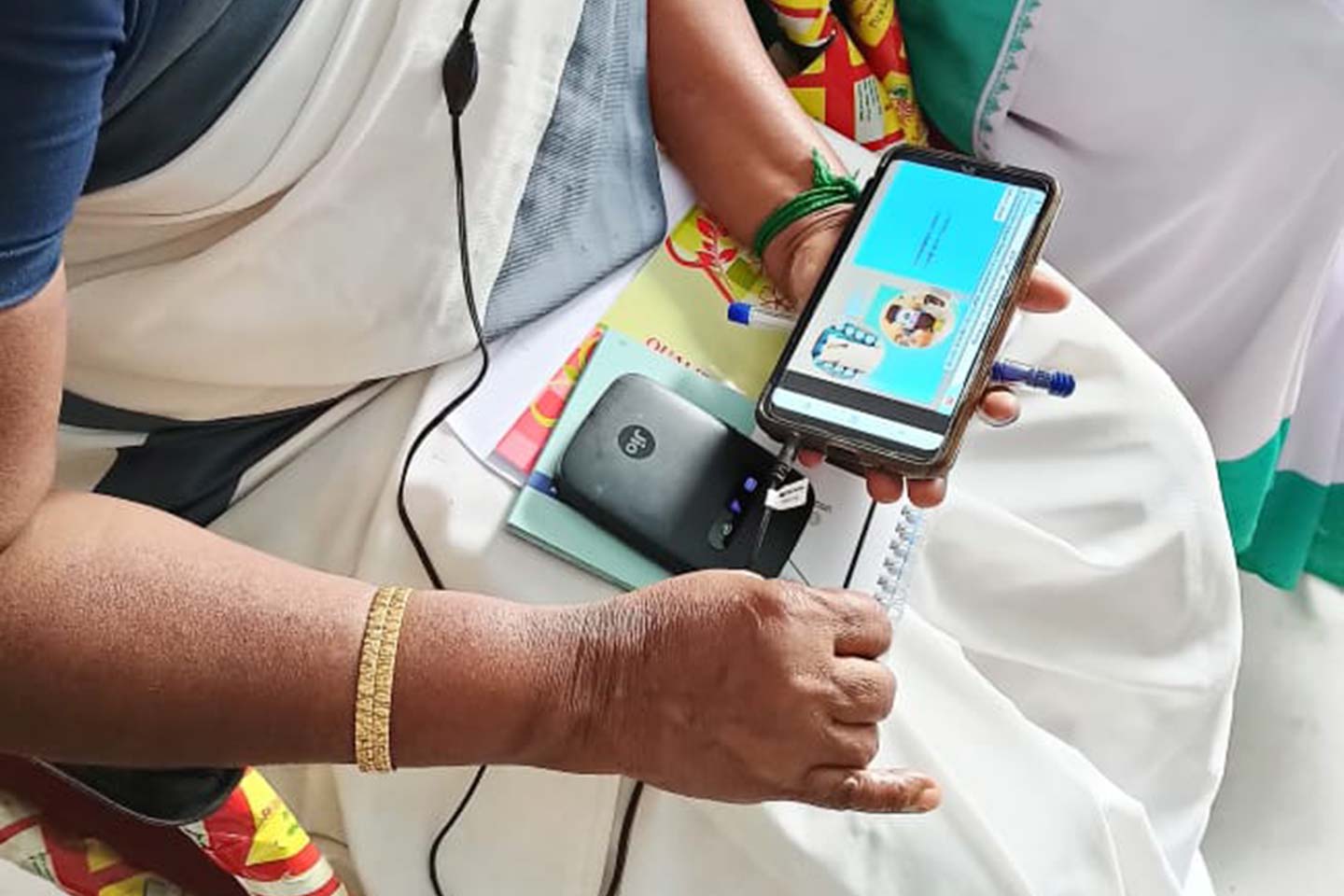
As classrooms and workplaces around the world shuttered to shield communities from the spread of COVID-19, and lecture-halls and conferences reconstituted on Zoom, a pilot project in India has made app-based training a possibility for vaccinators.
India’s massive Universal Immunization Program (UIP) vaccinates tens of millions of children each year, playing a critical role in controlling vaccine-preventable diseases and driving down childhood mortality. During the last half decade, no fewer than five new vaccines have been added to the program’s schedule of antigens, making on-the-job learning a necessity for even the most experienced vaccinators.
Although I have received many trainings, this online training is quite unique and amazing. The audio visuals, content, and communication features in the app make it attractive
Mr. Sourabh Pandey, Vaccinator, District Bhopal, Madhya Pradesh
Under the stewardship of India’s Ministry of Health & Family Welfare, and in collaboration with state governments and immunization partners, Gavi’s Rapid Immunization Skill Enhancement (RISE) project, designed, developed, and implemented by our team at JSI India, offers a novel learning mechanism.
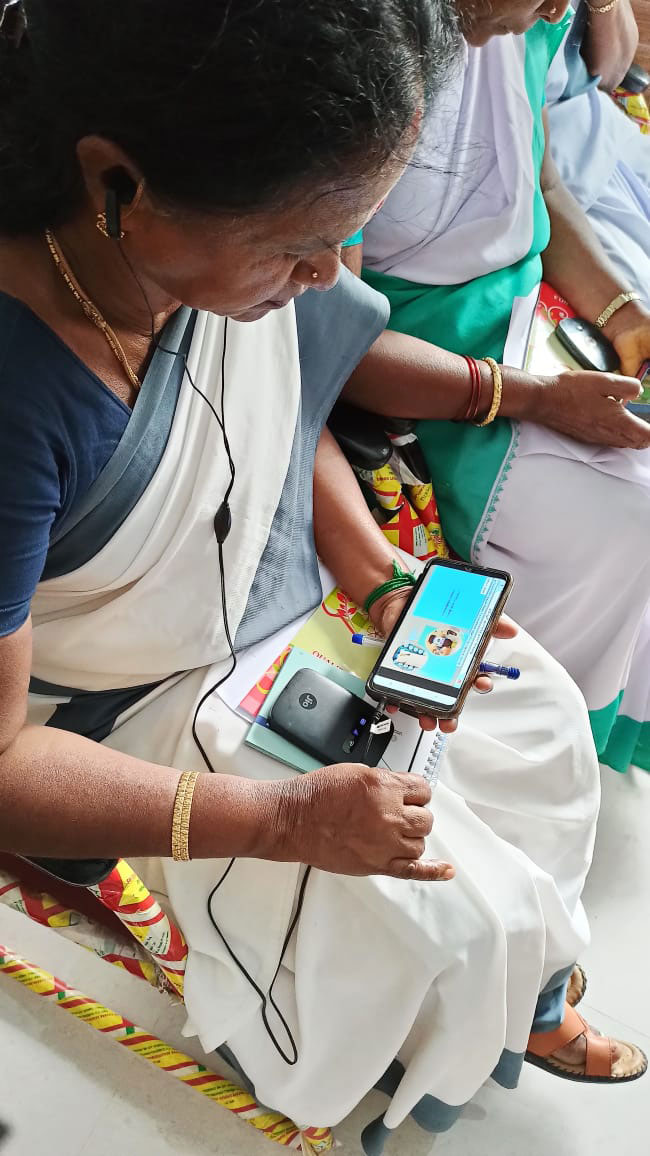
|
RISE is a self-learning platform based on a mobile app aided by in-person mentoring. Its purpose is to help health workers upgrade their knowledge and skills, blending independent learning with peer-to-peer support. During the pilot phase, RISE was made available to 2,600 healthcare workers in five states.
RISE wasn’t conceived as a replacement for existing in-person capacity-building methods—instead, it was designed to complement them. But then came COVID-19, and like so many other initiatives, the project pivoted.
Have you read?
The first RISE training module went live on March 1, 2020, a little over a month after the first case of the new coronavirus was confirmed in India. As India moved towards lockdown in late March, more than 70% of the target learners finished their RISE training. Participants completed the trainings at their own pace and in the safety of their home or workplace.
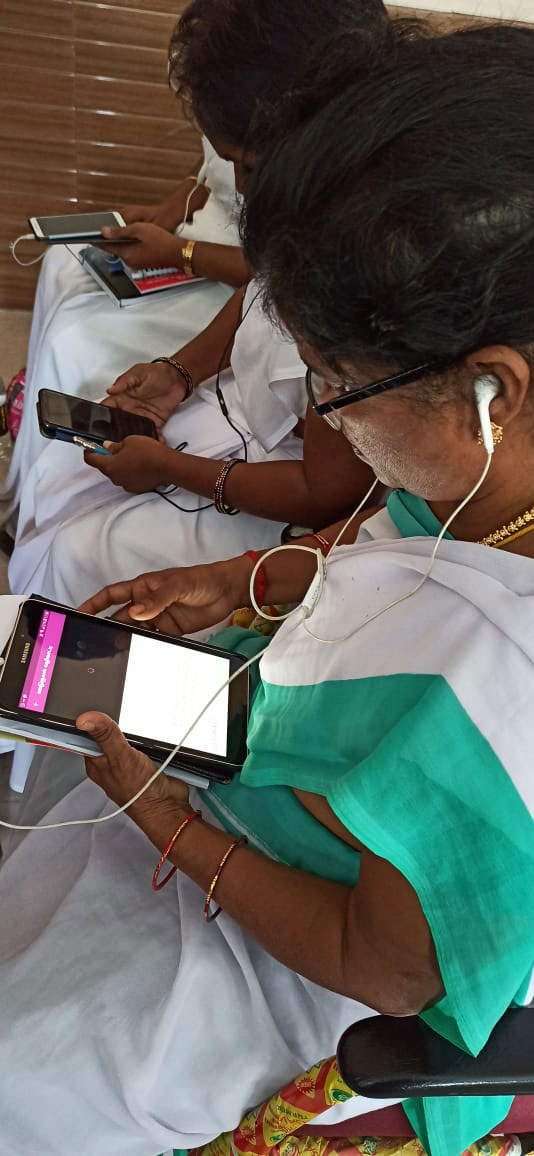
|
In the absence of field travel during the lockdown, we, the JSI team, and district and sub-district-level government officials supported learners using WhatsApp. We built learner groups to monitor and quickly troubleshoot problems, encouraging learners to send in texts and screenshots so we could work out technical hitches in real time.
I was unable to start the Module 2 on “Injection Safety and Vaccine Administration” and when I posted the problem as a screenshot in WhatsApp group, it was sorted out quickly by the STO [State Training Officer].
(ANM, Block Shirur, Pune, Maharashtra)
It quickly became clear that in addition to being a valuable tool for learners, the RISE digital learning platform is a cost- and time-effective model for capacity building. There is minimal travel needed, and training costs – including time, venue rental and food – are dramatically reduced, as is time away from regular work schedules.
Being differently abled, it was difficult every time to attend the trainings held at block/district level. For the first time ever, an App has been developed which allows to update knowledge without investing time in exhaustive travels to attend the trainings often held at the block or district levels.
(ANM, Block Mulshi, Pune, Maharashtra)
To motivate health workers, the RISE platform provides positive feedback, including automatically sending an e-certificate to participants. Team members show appreciation through shout-outs on WhatsApp, and publish success stories in the RISE bulletin. Learners communicate a sense of satisfaction and self-achievement in completing the modules in RISE.
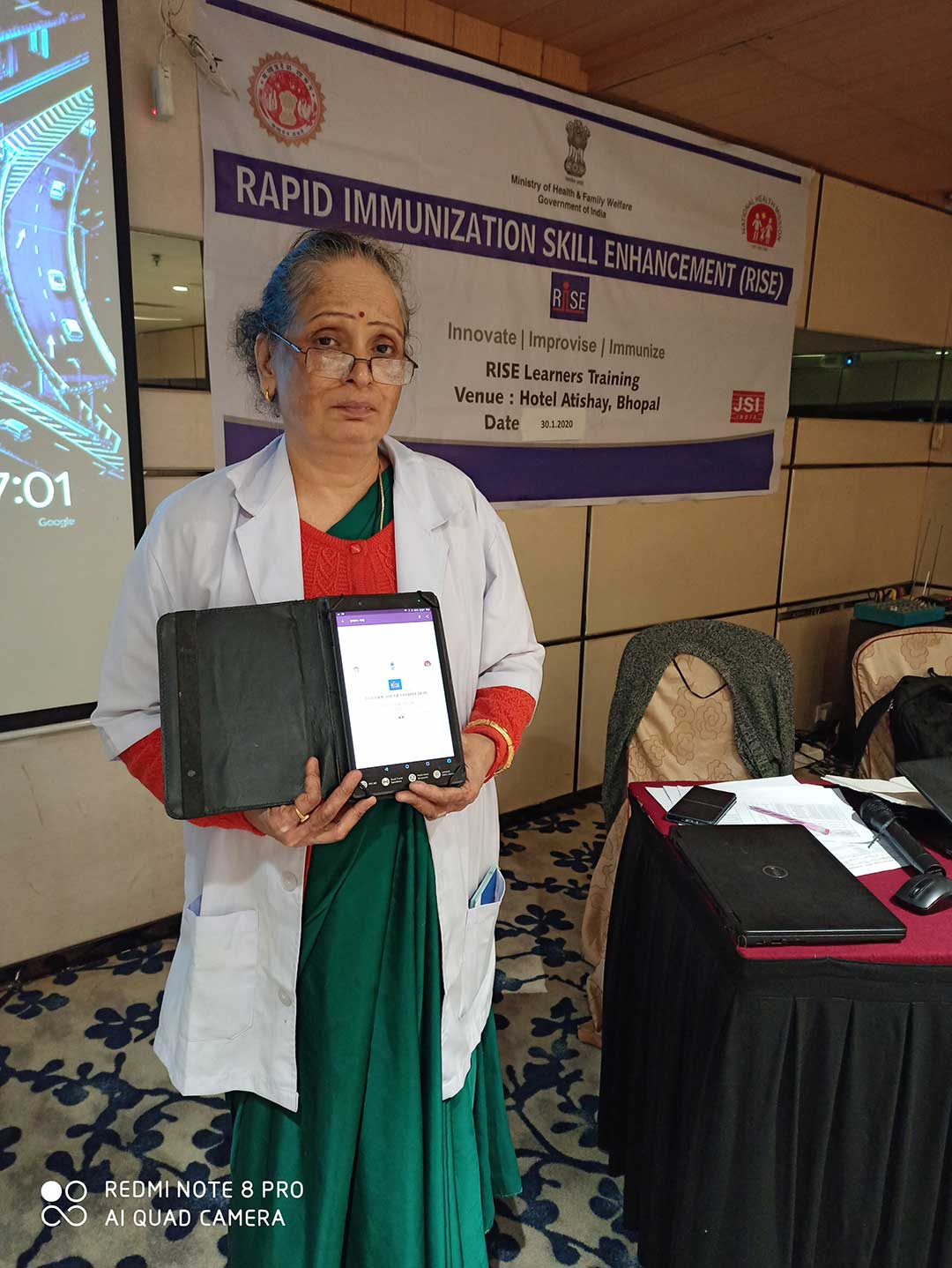
|
RISE looks set to be a “game changer” for a post-COVID-19 world. We think the app and its approach could work in other health settings, like mother and child health (MCH), communicable and non-communicable disease surveillance, and more. Further, the application could be scaled up and rolled out to help health workers elsewhere in the world expand their skill-sets. Healthcare capacity-building on smartphone screens is no longer a farsighted dream.
In partnership with:

